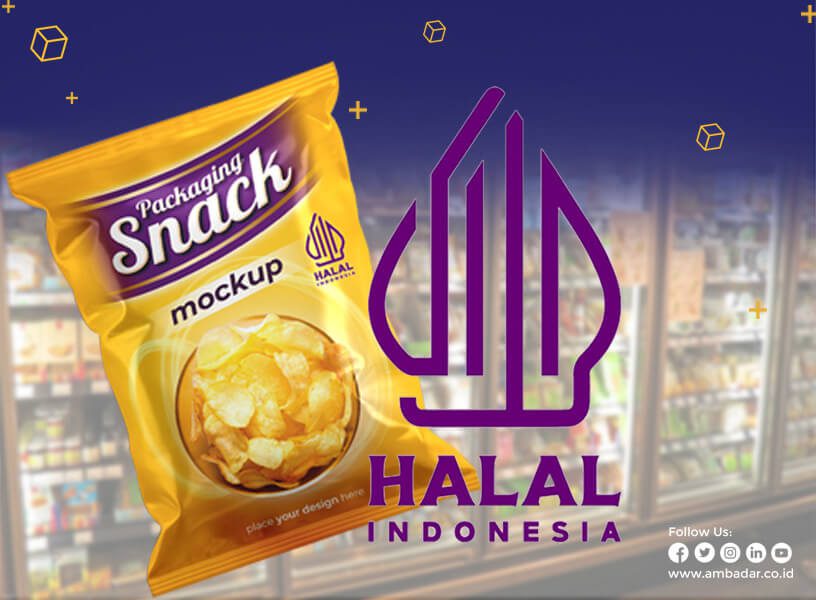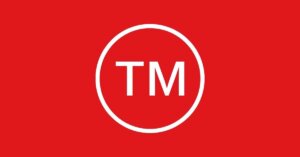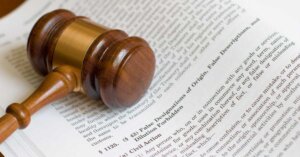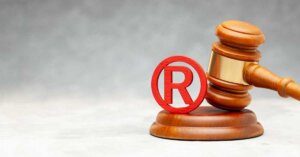The Indonesian Halal label authorized by the Halal Product Assurance Administration (“BPJPH“) entered into force nationally in March 2022 with the Decree of the Head of BPJPH Number 40 of 2022. Meanwhile, the Indonesian Ulema Council’s (“MUI“) halal label has been formally revoked and is no longer being applied progressively. The Minister of Religion of the Republic of Indonesia, Yaqut Cholil Qoumas, disclosed the change in the halal label.
According to Muhammad Aqil Irham, Head of BPJPH, business entities that still use the MUI’s halal label and have packaging that includes the MUI’s halal label are permitted to use up the packaging stock first. The entities is then required to include a halal label on his product in accordance with the Decree of the Head of BPJPH Number 40 of 2022 on the Determination of the Halal Label if the stock of packaging with the MUI’s halal label has run out and the validity period of the halal stipulation number from the MUI has also expired.
Aqil also stated that this policy is a form of government convenience for business actors during the transition period for the implementation of halal certification, which was originally organized by a community organization, namely MUI, and then switched to the government represented by BPJPH under the supervision of the Ministry of Religion and the implementation of halal certification. from previously voluntary to mandatory.
The new Halal label has certainly attracted controversy. However, because of its distinctiveness, this logo should not be used carelessly, particularly for commercial purposes, such as selling a cap or t-shirt with a halal logo picture. Because this logo has a trademark protection in the Directorate General of Intellectual Property Database.
Why does the Indonesian Halal label need to be registered?
Before delving into labels or logos, it’s important to grasp the notion of brand protection and how it relates to legally protected trademarks.
According to Article 2 paragraph (3) of Law Number 20 of 2016 on Trademarks and Geographical Indications, as last amended by Law Number 11 of 2020 (“Trademark Act“), Protected Marks consist of signs in the form of drawings, logos, names, words, numerals, color arrangement, in 2 (two) and/or 3 (three) dimensional shape, sounds, holograms, or combination of 2 (two) or more of those elements to distinguish goods and/or services produced by a person or legal entity in trading of goods and/or services.
The right to a mark, according to Article 1 Number (5) of the Trademark Act, is an exclusive right provided by the state to the owner of a registered mark for a specific length of time by using the mark himself or granting permission to another person to use it.
Furthermore, brands are classified as trademarks or service marks. A trademark is a mark used to differentiate items exchanged by a single person, a group of persons, or a legal body from other comparable things.
Meanwhile, a service mark is a mark intended to identify services traded by a person or many people collectively or by a legal company from other identical services.
According to Article 83 paragraph (1) of the Trademark Act, as a holder of rights and obligations, the owner of the mark has the right to submit a claim against the parties that use it, which is as follows:
“The registered Mark owner and/or Mark Licensee may file the lawsuit against other parties who unlawfully use the Mark that is similar to or identical for similar kinds of goods and/or services in the form of:
- claim for damages; and/or
- ceasing all acts related to the use of Mark.”
In addition to civil lawsuits, the parties can resolve their issues through arbitration or alternative dispute resolution.
In addition, those that violate trademark laws may face criminal charges. The criminal provisions of the Trademark Act are mentioned in Article 100, paragraphs (1) and (2), which are as follows:
“(1) Every person unlawfully uses any Mark which is identical to registered Mark of other parties for similarly produced, and/or traded goods and/or services, shall be sentenced to imprisonment of up to 5 (five) years and/or fines up to Rp2,000,000,000.00 (two billion rupiahs).
(2) Every person unlawfully uses any Mark which is substantially similar to registered Mark of another party for similarly produced and/or traded goods and/or services, shall be sentenced to imprisonment for up to 4 (four) years and/or fines up to Rp2,000,000,000.00 (two billion rupiahs).”
Therefore, it may be stated that the Indonesian Halal label, which comprises a logo, name, and word, color arrangement in the form of 2 (two) dimensions and/or 3 (three) dimensions, is an element that contributes to the brand’s cohesiveness.
As for BPJPH, as the agency that provides services in the form of implementing the implementation of halal product guarantees in accordance with the provisions of the legislation, it has a halal label as part of the marking, both in the form of 2 (two) and 3 (three) dimensions. So that the Indonesian Halal label is one of the objects of protection from the Trademark Act.
Furthermore, according to the Intellectual Property Database (“PDKI“) website, the Indonesian Halal label has been protected with class number 42 in the form of product certification services since January 19, 2022. After a mark is registered with the Directorate General of Intellectual Property (“DJKI“), the owner of the mark has rights to the mark.
Thus, the registration of a mark is crucial for business entities, the government, and other parties that use a mark as an identifier or distinction for goods and/or services held by individuals or legal organizations.
The mark’s protection grants the owner exclusive rights prescribed by law and protected by the government. As a result, brand owners obtain legal certainty. After all, there will be legal consequences for anyone who misuse and/or commercialize the Indonesian Halal label.
If you want further information, consultation on intellectual property, brand licensing management, or any other legal services to protect your business, please contact us at marketing@ambadar.co.id.
Source:
- Law Number 20 of 2016 on Trademarks and Geographical Indications as last amended by Law Number 11 of 2020 on Job Creation (“Trademark Act”).
- Kompas






